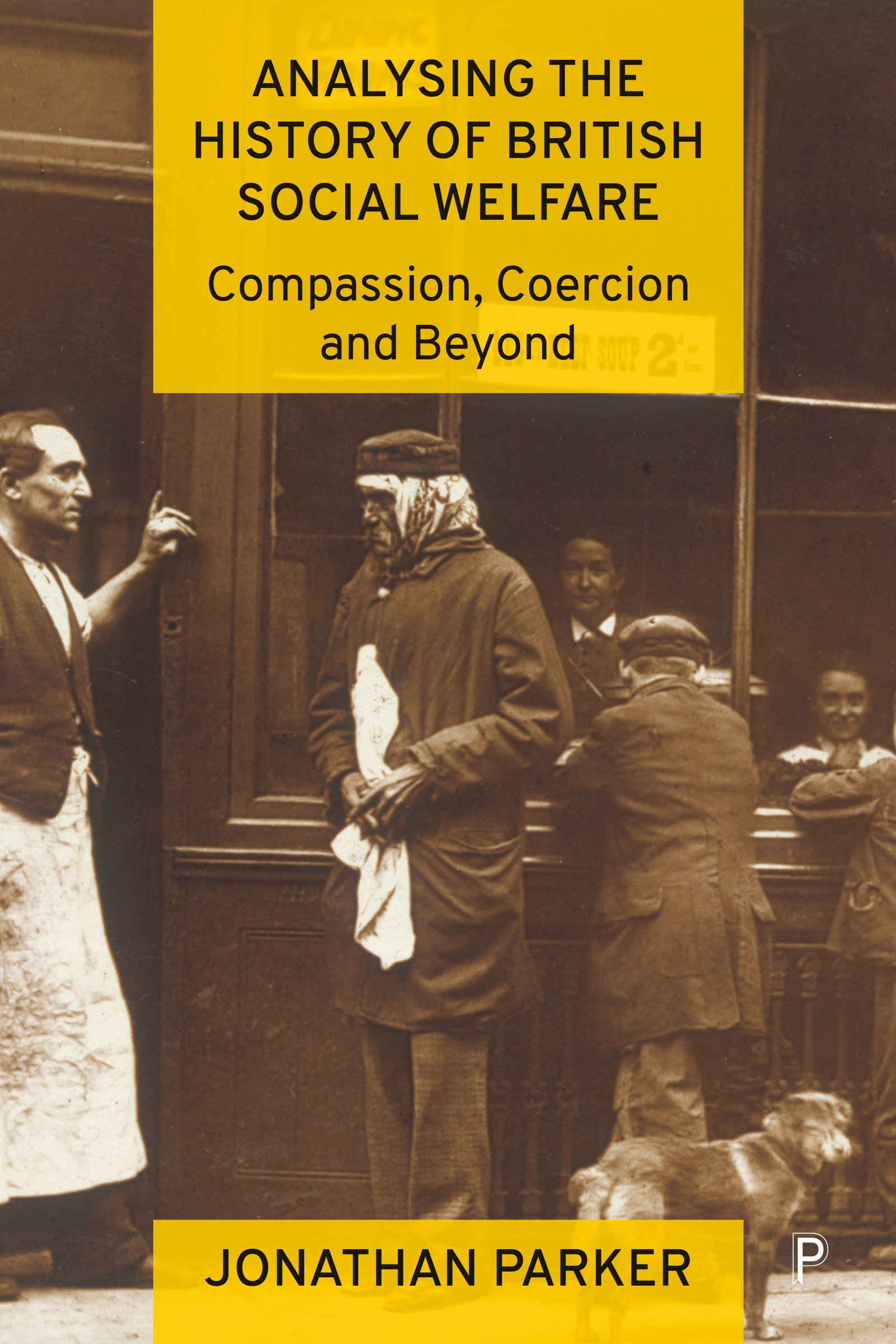Analysing the History of British Social Welfare: From the Poor Laws to the Welfare State offers a thorough and insightful exploration of the evolution of social welfare policies in Britain. This comprehensive volume delves into the historical development of social welfare systems, examining key policies, reforms, and societal changes that have shaped the British welfare state from its early beginnings to the present day.
Key Sections and Themes:
- Introduction to British Social Welfare: The book opens with an introduction to the concept of social welfare and its significance in British society. It outlines the scope of the book, providing a roadmap for understanding the historical development of welfare policies and their impacts on different social groups.
- Early Foundations: The Poor Laws and Early Welfare Measures: This section explores the origins of social welfare in Britain, focusing on the Poor Laws from the Elizabethan era to the 19th century. It examines how these laws addressed poverty and social issues through mechanisms such as workhouses, parish relief, and the role of local authorities.
- The Rise of the Welfare State: An in-depth analysis of the development of the British welfare state in the 20th century. This section covers the landmark Beveridge Report of 1942, which laid the groundwork for the modern welfare state, and the subsequent creation of key institutions such as the National Health Service (NHS) and comprehensive social security systems.




Be the first to review “Analysing the History of British Social Welfare : Compassion, Coercion and Beyond”